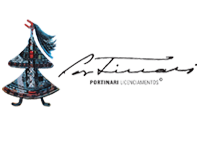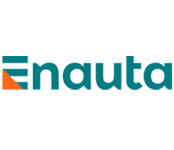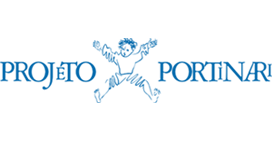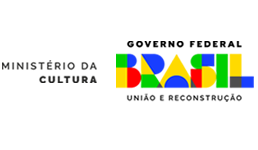General Info
Birth in Rio; interest in drawing since his childhood; the militaries’ fascist and nazi eulogy at Ginásio 28 de Setembro; enrollment in the Escola Nacional de Belas Artes/ENBA, with his family encouragement; participation in the IV Salão de Araraquara; ENBA’s faculty; Milton Dacosta; Pancetti; the weekly magazine "Diretrizes"; creation of Salão de Arte Moderna in 1940; his award of the prize trip abroad in 1949; acquaintance with Portinari; Portinari’s academic roots; visits to Portinari at his Leme house; trip to Brodósqui to work with Portinari; Scliar; Portinari’s stories; the rebuilding of Santo Antônio’s chapel; contact with Portinari’s family; invitation to work with Portinari at Pampulha; Portinari’s bad temper; Oscar Niemeyer; his work with Burle Marx; Guignard; Antônio Portinari’s baptism; Portinari’s generosity towards his own family; Belo Horizonte Assemblies; Mário de Andrade and Portinari’s friendship; the Hyper Realism of the Monumento Rodoviário panels; artists’ support for the Communist Party; Leôncio Basbaum; absence of Portinari’s art in Brasília; Portinari’s financial difficulties in Paris; Portinari’s generosity towards his friends; Aldary Toledo; Portinari and Modern Art centered on Brazil; Portinari’s rigorous work schedule; Portinari’s exhibition in Buenos Aires; Portinari’s pessimism towards art during the ’50s; Portinari’s influence on José Moraes’ work; Mário Pedrosa; Portinari’s geniality; Lasar Segall; Portinari’s relationship with the Communist Party; Teruz; organization and neatness in Portinari’s studio; Pancetti; Tarsila do Amaral; Portinari’s candidature; Portinari’s studio at the Universidade do Distrito Federal/UDF; Portinari’s help to his painter friends; Enrico Bianco; Roberto Burle Marx; the separation of Portinari and Maria; the fakes of Portinari’s paintings.
























































